Is Protein Powder Natural or Full of Additives?
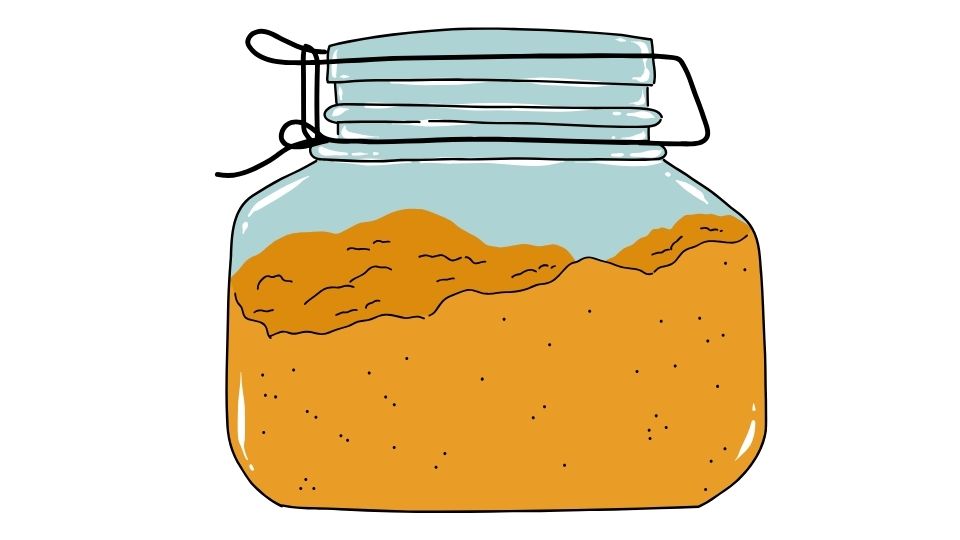
Let’s get real about protein powders. Are those muscle-building powders actually natural or are they just another overhype processed food that the fitness industry pushes on us?
The truth is somewhere in the middle (as usual). Some protein powders are pretty close to natural foods, while others are packed with more artificial junk than a dollar store candy aisle.
What Makes a Protein Powder “Natural” (or Not)
Let me break this down for you. Protein powder exists on a spectrum from “basically food” to “science experiment gone wrong.”
The truly natural options come from minimally processed whole foods like:
- Whey from grass-fed cows
- Organic plant proteins like pea, hemp, or rice
- Egg whites without artificial additives
Meanwhile, the less natural options typically contain:
- Artificial sweeteners (sucralose, aspartame)
- Thickeners and gums
- Chemical preservatives
- Mysterious “natural flavors” (which aren’t that natural)
Animal vs. Plant Protein: Who Wins the Natural Contest?
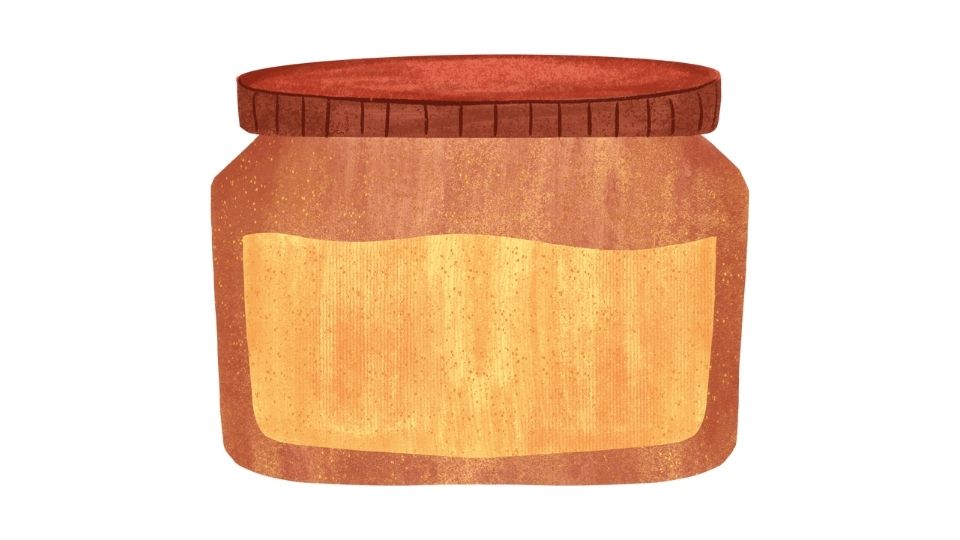
Animal Protein Powders
Whey protein comes directly from milk as a byproduct of cheese production, which sounds pretty natural, right? But not all whey is created equal.
The good stuff:
- Sourced from grass-fed or organic cows
- Cold-processed to preserve nutrients
- Free from added hormones and antibiotics
According to a comprehensive review from the Journal of the International Society of Sports Nutrition, whey protein maintains most of milk’s beneficial bioactive compounds when processed minimally.
Plant Protein Powders
Plant proteins tend to win points for being more environmentally friendly and often less processed.
Plant protein winners:
- Organic pea protein
- Hemp protein (contains beneficial fatty acids too!)
- Brown rice protein
- Pumpkin seed protein
A study in the Journal of Nutrition found that plant proteins, when properly formulated, can be just as effective as animal proteins for muscle building.
How to Spot a Frankenstein Protein Powder
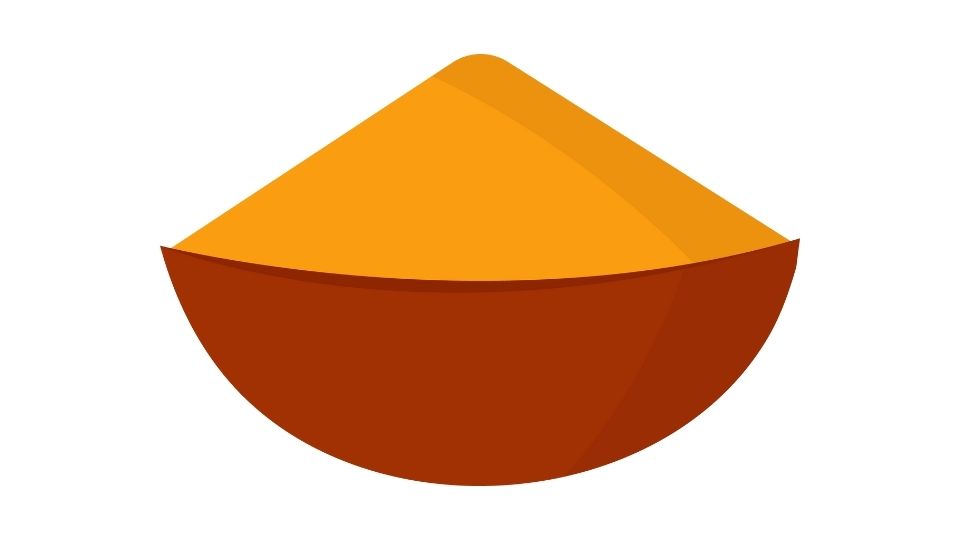
Look, I’m not trying to scare you, but some protein powders have ingredient lists longer than my grocery receipt. Here’s what to watch for:
- Artificial sweeteners: If you see sucralose, acesulfame potassium, or aspartame, that’s not natural.
- Thickeners and gums: Xanthan gum, carrageenan, and guar gum are processing aids.
- Chemical-sounding ingredients: If you need a chemistry degree to understand it, it’s probably not natural.
- “Proprietary blends”: This is code for “we don’t want to tell you exactly what’s in here.”
According to Clean Label Project research, many popular protein powders contain concerning levels of heavy metals and BPA from processing—definitely not natural!
The Benefits of Going Natural with Your Protein
Why should you care about natural protein powders? Well:
- Better digestion – Fewer artificial ingredients means less chance of stomach issues (protein farts are real, folks)
- Fewer allergens – Natural products often avoid common irritants
- Better nutrient profile – Less processing often means more of the good stuff stays intact
- Environmentally friendlier – Especially for organic plant proteins
The Drawbacks (Because I’m Keeping It Real)
Let’s be honest, going natural has some downsides:
- Higher price tag – Quality ingredients cost more (shock!)
- May not mix as smoothly – Without all those fancy additives, you might get some clumps
- Stronger taste – Natural flavors are often more intense
- Shorter shelf life – No preservatives means it won’t last until the apocalypse
How to Choose a Natural Protein Powder That Doesn’t Suck
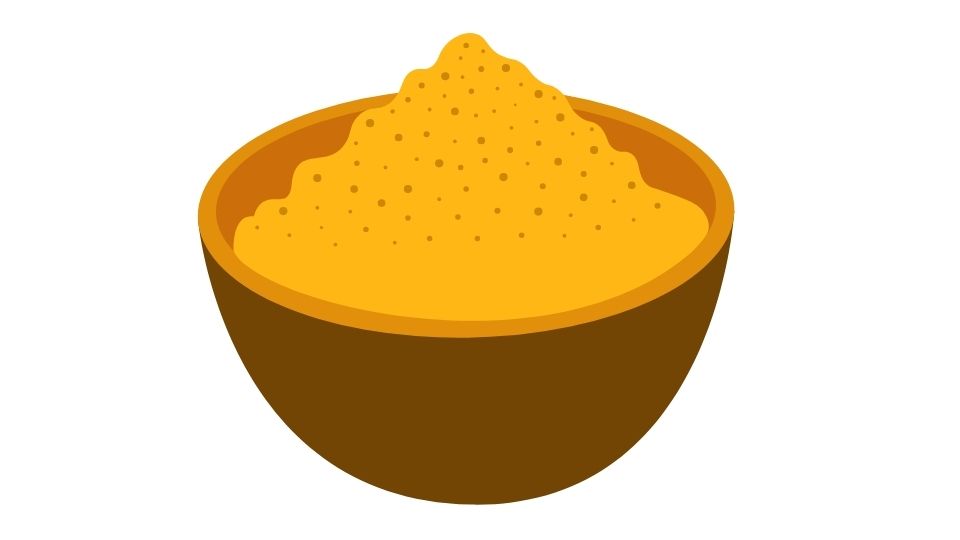
After researching this topic extensively (and trying way too many chalky protein shakes), here’s my advice:
- Check the ingredient list first – Shorter is generally better
- Look for meaningful certifications – Organic, Non-GMO Project Verified, NSF Certified for Sport
- Consider your dietary needs – Allergies, vegan preferences, etc.
- Research the company – Do they have transparency about sourcing and testing?
The American College of Sports Medicine recommends focusing on whole food nutrition first and using supplements only to fill gaps—good advice!
My Bottom Line on Protein Powders
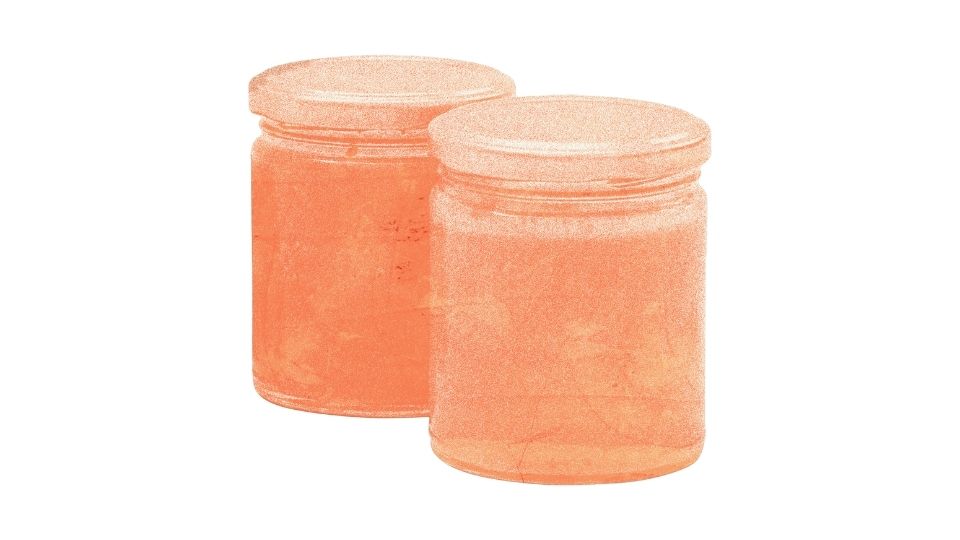
Protein powders are inherently processed—they have to be to isolate the protein—but that doesn’t mean they can’t be relatively natural.
The most natural options will have:
- Simple, recognizable ingredients
- Minimal or no additives
- Transparent sourcing
- Third-party testing for contaminants
Remember, convenience always comes at a cost. If you’re chugging protein shakes daily, it’s worth investing in quality.
And hey, don’t forget that the most natural protein sources are still whole foods like eggs, chicken, fish, beans, and nuts.
But if you’re looking for convenience (because who isn’t these days?), a high-quality, minimally processed protein powder can be a reasonable addition to an otherwise whole-food diet.
Just please, for the love of your digestive system, read those labels!
